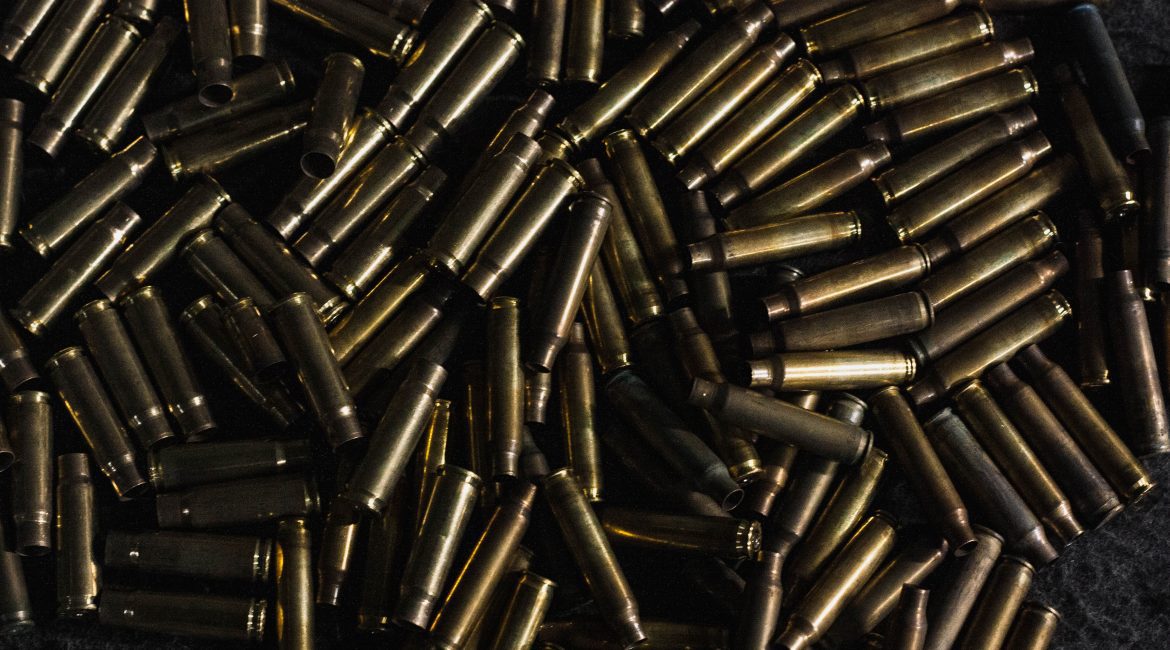Russian arms importers face an increased risk of supply shortages as Russian manufacturers scramble to meet the needs of their own military. While the conflict in Ukraine makes a drop in Russian arms sales to Algeria likely, the Maghreb country is so dependent on Moscow for its military hardware that it will be difficult for it to find alternatives elsewhere, analysts say.
The bloody six-month conflict has cost the lives of 70,000 to 80,000 Russian soldiers, according to American estimates, and forced Moscow to use old tanks while squandering its military arsenal, according to senior European officials. If the information relayed is accurate and Moscow prioritizes its front lines over exports, the move could have a disastrous impact on Algeria, which accounts for around 15% of Russian arms exports.
The Algerian Air Force consists mainly of MiG-29 and Su-30 fighter planes. At the same time, the Algerian army employs hundreds of T-90 and T-72 battle tanks and the Territorial Air Defense Force has S-300 and S-400 long-range air defense missile systems.
According to American analysts, there is currently no indication that Algeria is seeking to review its relationship with Moscow on defense matters. They even predict that, given the amount of Russian-made equipment already present in Algeria and the decades of local experience in using these technologies, it is possible that Russia will opt for a localized form of weapons production in a country of North Africa. If this is the case, Algeria may well seek arms from other suppliers who will not link arms sales to human rights or democratization issues. In this scenario, Algeria could turn to China, Turkey or even European powers for arms.
As the United States tries to pressure several Middle Eastern states to avoid Russia, Algerian president Abdelmadjid Tebboune continues to host Russian officials and has previously referred to Russia as a "brother country".
Earlier this year, the Biden Administration imposed sanctions on the Russian defense industry. Beyond Moscow, these sanctions also affect countries that import Russian military equipment.
In early March, a State Department official told that the Kremlin was unlikely to be able to make new sales or provide maintenance to its customers for existing systems. On the subject,
Anton Mardasov, an independent Russian analyst, said Moscow will take "steps to show that the war in Ukraine in no way affects its position in the region or its military exports. Therefore, of course, negotiations with Algeria are likely to intensify and, as we learned in July, Algeria and Russia are preparing to sign a strategic partnership document, which will certainly include military and technical cooperation issues".
According to the analyst, if Algeria "buys almost all the armament it needs from Russia, which implies close cooperation with Russia in terms of maintenance and the supply of ammunition, the problem most pressing issue facing the country today is food security". Indeed, Algeria heavily subsidizes food staples such as cooking oil, milk and bread, and banned the export of staples earlier this year for fear of shortages.
Algeria was already facing shortages of certain foods before the conflict in Ukraine. In addition, while oil and gas revenues have increased by 70% in the first five months of 2022, the country is experiencing a rise in its budget deficit which could affect food subsidies.

